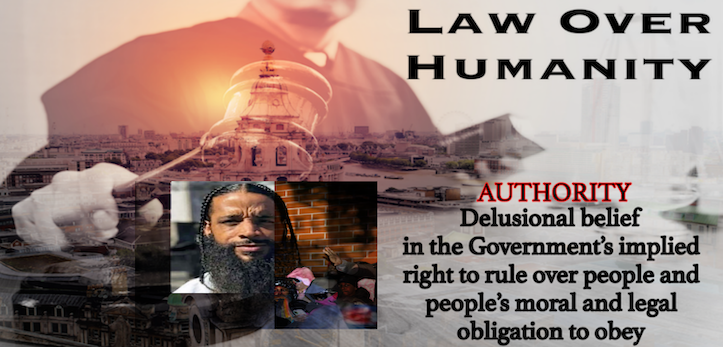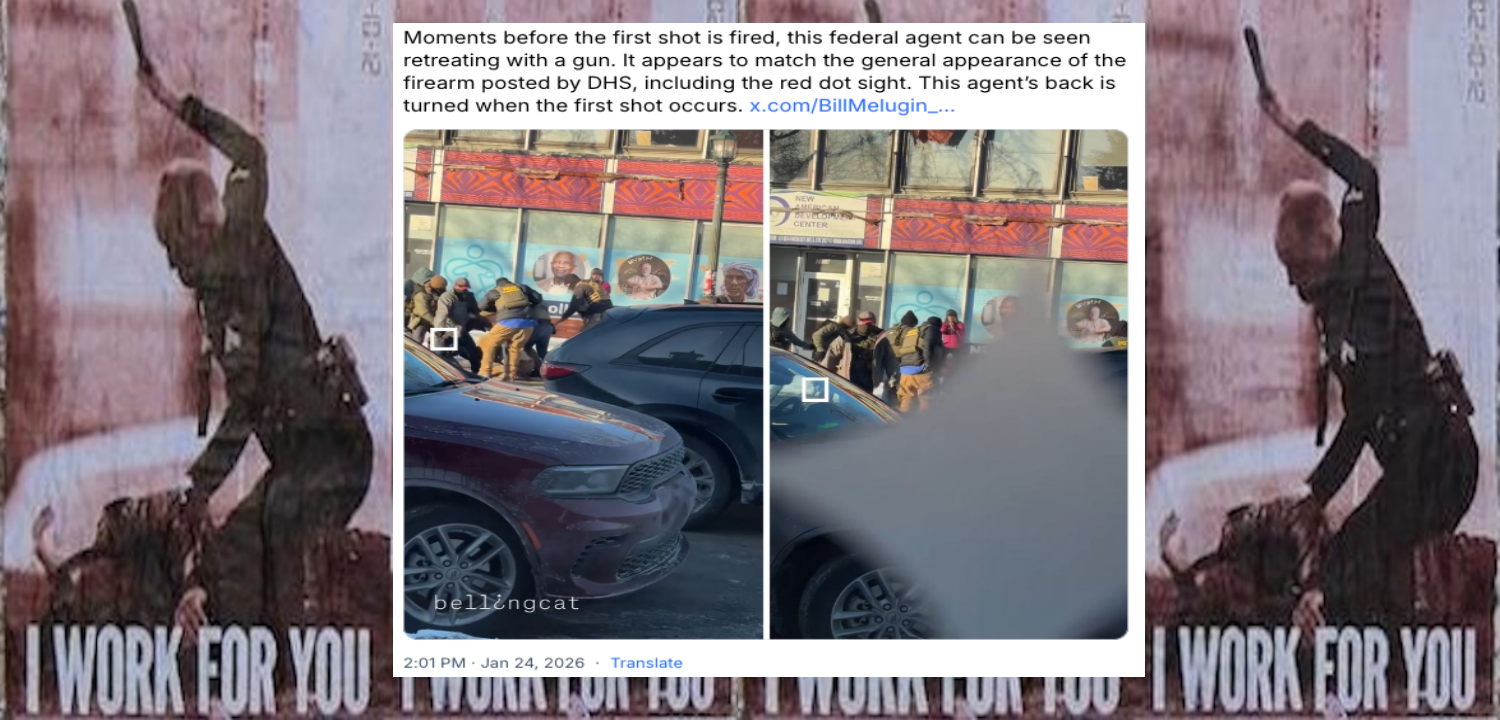Judge: Security at risk in Suit Against FBI for Using Snitch to Collect Information about Muslims in Orange County
/From [HERE] Arguing in court over allegations that the FBI collected indiscriminate information about Muslims throughout Orange County would pose a risk to national security, ruled a federal judge, who dismissed several claims Tuesday against the agency under the state secrets privilege. After listening to four hours of arguments Tuesday morning, U.S. District Court Judge Cormac J. Carney dismissed most of the claims filed by the American Civil Liberties Union and the Council on American-Islamic Relations, which alleged FBI agents and their supervisors allowed and directed a paid informant to collect information on Muslims who attended Orange County mosques in 2006 and 2007.
But a portion of the case may still go to trial, Carney decided, including allegations that agents with the FBI violated portions of the Foreign Intelligence Surveillance Act during Operation Flex, an FBI counterterrorism operation in which agents used a confidential informant to collect information during that period. Despite the case being filed in federal court in February 2011, the suit was kept from moving to the discovery phase after U.S. Attorney General Eric H. Holder asserted states secrets privilege over several of the claims in August 2011. On Tuesday, Carney agreed with Holder.
"The court is convinced that the subject matter of this action, Operation Flex, involves intelligence that, if disclosed, would significantly compromise national security," Carmac wrote in his decision, which spanned nearly 50 pages.
The suit was filed by the ACLU and CAIR in early 2011 on behalf of Orange County imams and members of the Muslim community who came into contact with Craig Monteilh, a former convict who came forward in 2009 with claims that he was a paid informant with the FBI and was instructed to go into local mosques.
"They didn't give him any targets; they simply told him to gather as much information on members of the Muslim community," Peter Bibring, an attorney for the ACLU, said in court. "He was told to target people who were more devout because they posed a bigger danger."
In interviews, Monteilh alleged he was instructed to record audio and video inside mosques and the homes of members of the Islamic community, often leaving the devices behind to record unsupervised conversations. Carney ruled that allegations that individual agents violated portions of the Foreign Intelligence Surveillance Act, regarding electronic surveillance, can be argued in court.
"A reasonable officer knows that there is a reasonable expectation of privacy in one's home, office and in certain discrete areas of a mosque," Carney wrote.
The decision struck a blow, albeit not a deadly one, at the second federal lawsuit filed against the FBI as a result of Operation Flex. Monteilh also filed a suit against the FBI and the Irvine Police Department, alleging his civil rights were violated when officials disclosed his work as an informant to inmates in county jail. The claims in that suit were dismissed earlier this year.
Ahilan Arulanantham, an attorney with the ACLU, said they planned to appeal.
"We're deeply disappointed the federal government is not going to have to defend the legality of their conduct," he said. He said he was also concerned that attorneys may claim state secrets privilege on the remaining claims as the case move forward.
Arulanantham argued that the court should not bar the information on the case completely under the state secrets privilege but look at other solutions, such as Carney reviewing each piece of information to see if it qualified under the privilege.
For leaders in the Muslim community, the continuation of at least part of the suit may provide some answers as to the FBI's operations in Orange County, which have been questioned for more than six years, when the head of the FBI's al-Qaida squad in Orange County was quoted as saying that the FBI was aware of large numbers of Muslims in Southern California universities.
In court documents, however, the litigation has offered some insight. In a classified declaration, Mark F. Giuliano, FBI assistant director of the counterterrorism division, confirms that FBI agents worked in Operation Flex, where Monteilh worked as a confidential informant. Fewer than 25 people were being investigated under the operation, according to the declaration that remains classified, but was quoted in public court documents.
But under the state secrets privilege asserted by Holder, confirming or denying who was under investigation, as well as what could have prompted an investigation by the FBI, could jeopardize national security.
In his decision in support of the states secrets privilege, Carney referred to the balance of the courts when weighing national security and civil liberties.
"The court does not reach its decision today lightly, but does so only reluctantly, after months of careful review," he wrote. "The proper application of the state secrets privilege may unfortunately mean the sacrifice of individual liberties for the sake of national security."













































































































































































































































































